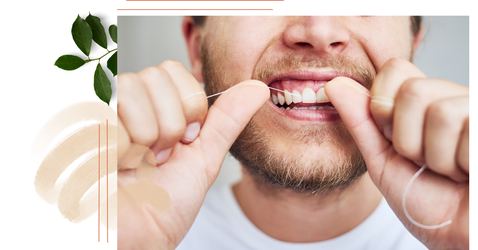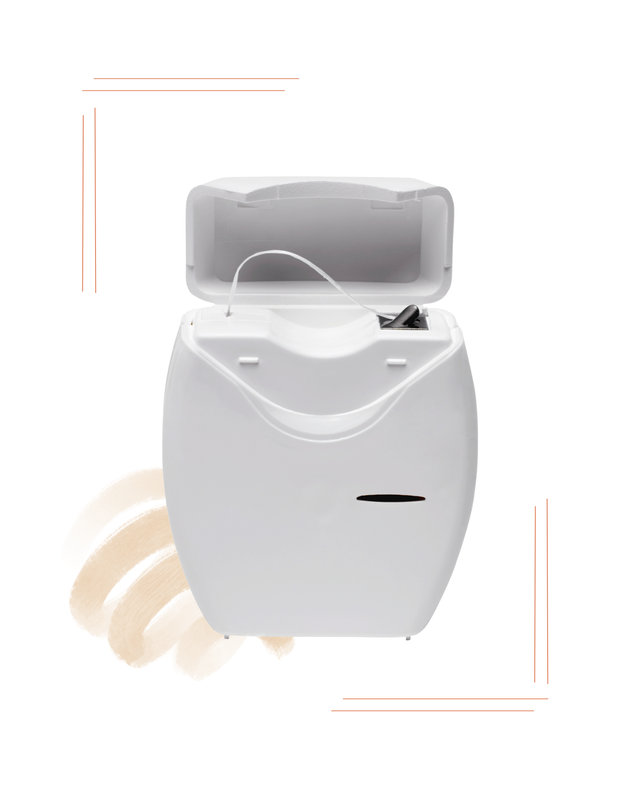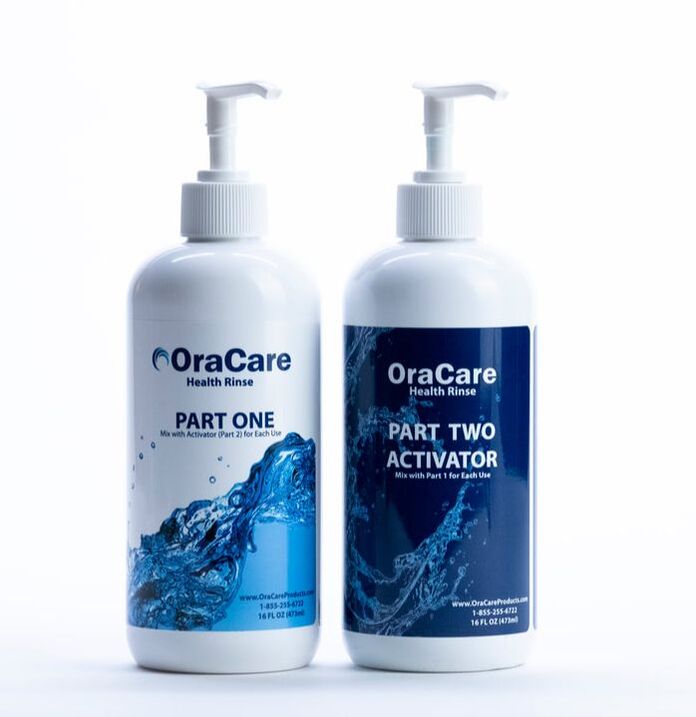Flossing: Does it work like we thought?The argument of whether or not flossing works has become a hot topic in dentistry. Now there are even studies confirming that flossing isn't as effective as we need it to be. Though we can all agree that cleaning in between your teeth is important, the real question is, what do we do for patients? |
|
Many times when we start discussing flossing patients don't realize what we are actually asking them to do. Flossing is for more important purposes than simply removing food debris. We want our patients disrupting the biofilm (plaque) that a tooth brush can't reach. Dental patients struggle to floss regularly or effectively.
|
Some of the main reasons why are:
1. Lack of understanding. Many people don't understand the importance of flossing or how to do it correctly. They may not see the value in making it a regular part of their oral hygiene routine despite reinforcement from a dental professional. 2. Difficulty. Flossing can be challenging, particularly for people with poor dexterity or physical limitations. Reaching some places might be difficult, and the process can be uncomfortable and time-consuming. Some people experience discomfort or pain while flossing, especially if their teeth or gums are sensitive. This can lead to avoidance or reluctance to floss. 3. Inconsistency. Even patients who understand the value of flossing may struggle to make it a consistent habit. It can be easy to forget or skip flossing, especially when time is short or they're feeling tired 4. Poor technique. Even patients who floss regularly may not be doing it correctly. They may be using the wrong type of floss, not flossing deeply enough, or using too much force, leading to injury or bleeding gums. 5. Effectiveness. Now studies are showing that even with proper flossing, that it may not be as effective as we want and need to to be to disrupt the biofilm. (SEE STUDIES BELOW) |



